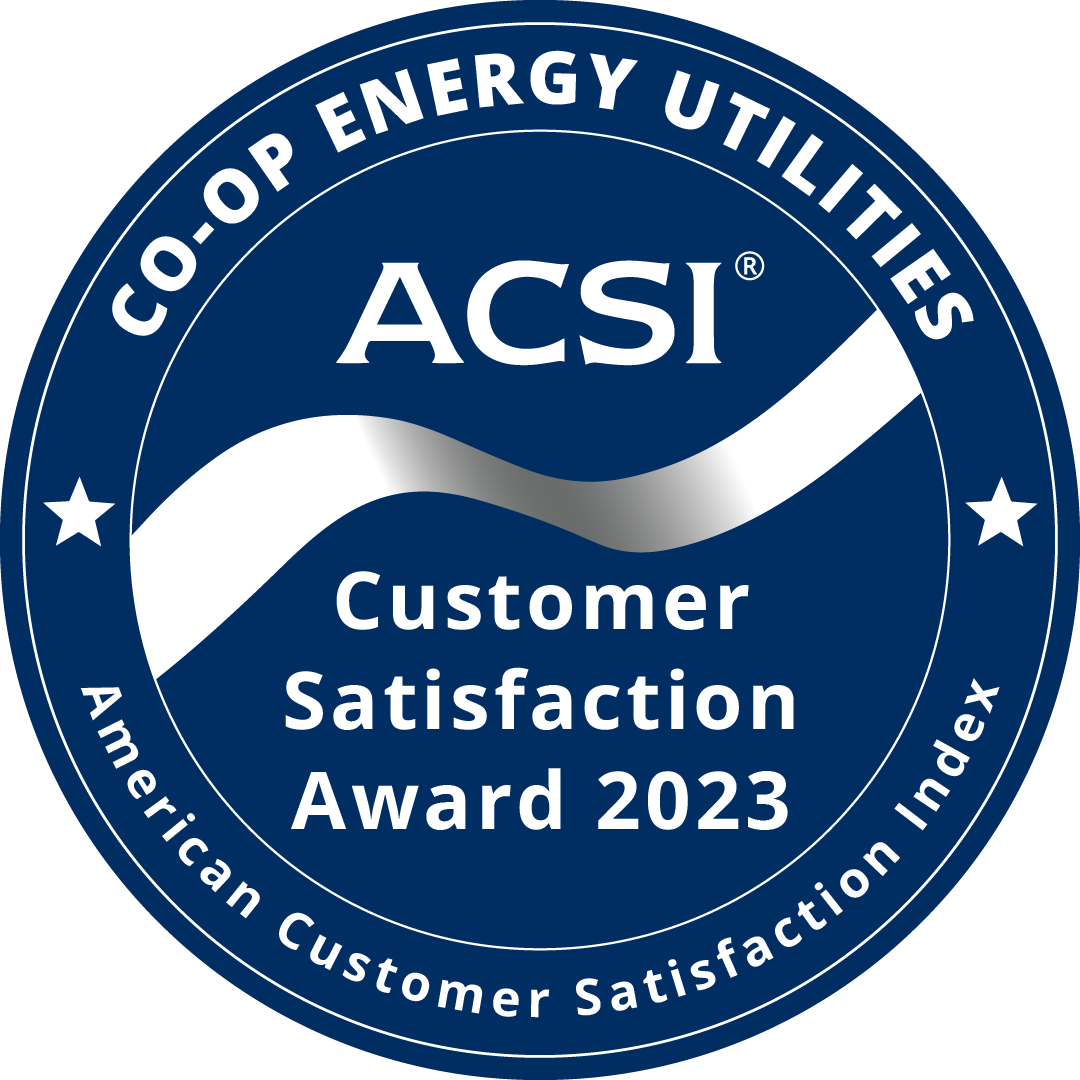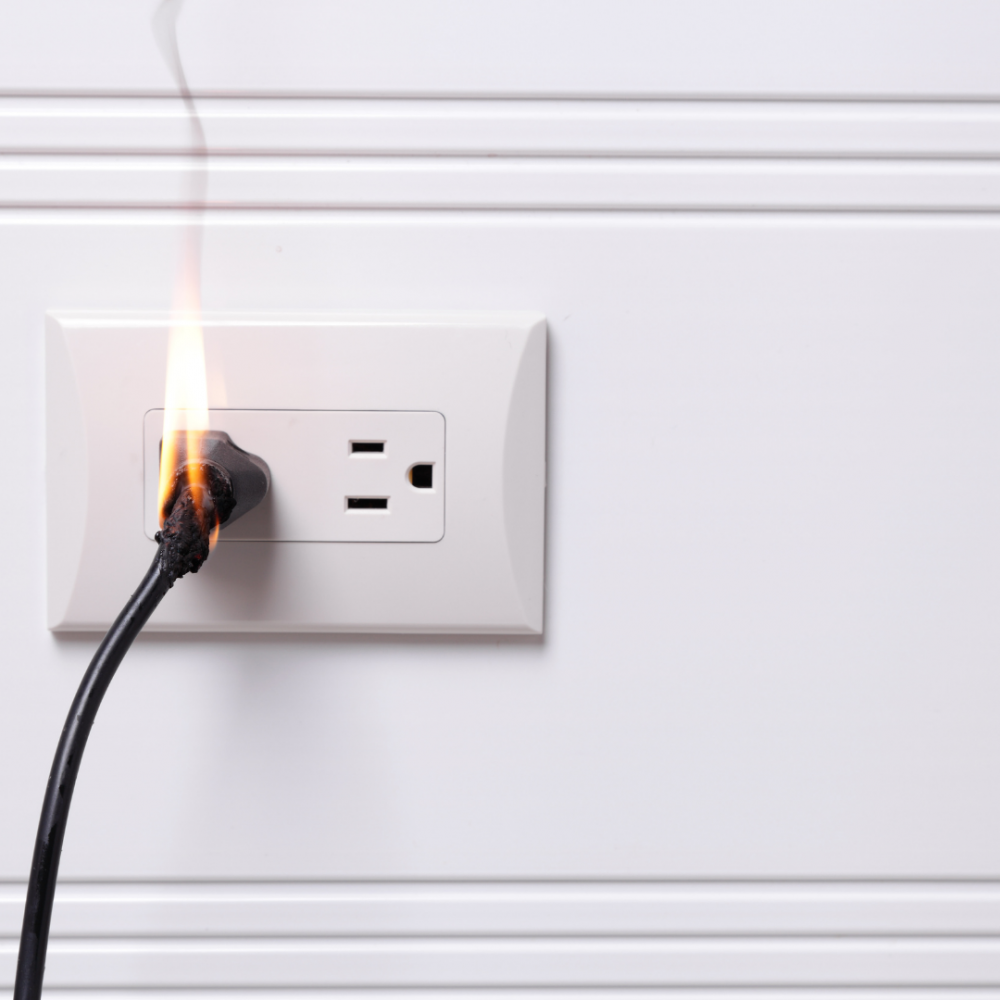Electricity plays many roles in our lives, from powering baby monitors, cell phones and lighting, to running HVAC systems and appliances. When we flip a switch, we expect most systems or devices to do their jobs.
May is National Electrical Safety Month, and REC reminds you that now is a great time to look around your home and check for potential safety hazards.
“Remember, every electrical device has a purpose and a service lifespan,” said John Medved, Director of Safety, Compliance and Security Services at REC. “While we can extend their operations with maintenance and care, they are not designed to last or work forever.”
REC recommends the following periodic inspections:
Ground Fault Circuit Interrupters (GFCI)
Outdoor outlets or those in potentially damp locations in a kitchen, bathroom or laundry room often include GFCI features. They are designed to sense abnormal current flows, breaking the circuit to prevent potential electric shocks from devices plugged into the outlets.
The average GFCI outlet is designed to last about 10 years, but in areas prone to electrical storms or power surges, they can wear out in five years or less. Check them frequently by pressing the red test button. Make sure you hit the black reset button when you are done. Contact a licensed electrician to replace any failing GFCI outlets.
Loose or Damaged Outlets or Switches
Unstable electrical outlets or wall switches with signs of heat damage or discoloration can offer early warnings of potential shock or electrical fire hazards. Loose connections can allow electrical current arcing. If you see these warning signs, contact an electrician.
Surge Protectors
Power strips with surge protectors help safeguard expensive equipment such as televisions, home entertainment systems and computer components from power spikes.
Some surge protectors include indicator lights that flicker to warn you when they’ve stopped working as designed, but many do not. If your electrical system takes a major hit, or if you don’t remember when you bought your surge protector, replacement may be the best option.
Extension Cords
With a growing number of electrical devices connecting your family to the electricity you get from REC, having enough outlets can be challenging. Remember, extension cords are designed for temporary, occasional or periodic use.
If an extension cord gets noticeably warm when in use, it could be undersized for the intended use. If it shows any signs of frayed, cracked or heat-damaged insulation, it should be replaced. If the grounding prong is missing, crimped or loose, a grounded cord will not provide the needed protection. And always make sure that extension cords used in outdoor or potentially damp locations are rated for exterior use.
“Electricity is a necessity for modern living, and REC is committed to providing safe, reliable and affordable power to all of our members,” added Casey Hollins, Managing Director – Communications and Public Relations. “We hope you’ll keep these electrical safety tips in mind so that you can note any potential hazards before damage occurs.”



